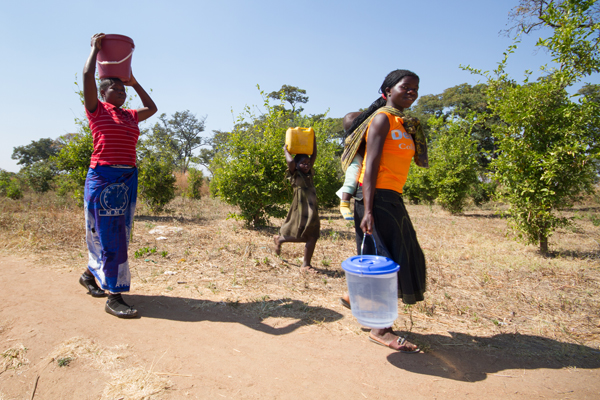The Lancet HIV, Volume 4, 1 March 2017
Background Sex workers are disproportionately affected by HIV compared with the general population. Most studies of HIV risk among sex workers have focused on individual-level risk factors, with few studies assessing potential structural determinants of HIV risk. In this Article, we examine whether criminal laws around sex work are associated with HIV prevalence among female sex workers.
Futures, Volume 87, 1 March 2017
Sustainability theory shows that the sustainability problem is a value orientation problem. In a recent study, Klaas van Egmond identified an underlying pattern of a crossed circle, representing affirmative and adversative value orientations, whose disintegration engenders unsustainable tendencies. This article explicates how Shakespeare's allegories invite to quests for ‘values worthy of pursuit’, grounded upon a similar immanent cyclical pattern of value orientations, moving from and to the centre of Shakespeare's works.
Global Environmental Change, Volume 43, 1 March 2017
Reducing large-scale deforestation in commodity frontiers remains a key challenge for climate change mitigation and the conservation of biodiversity. Public and private anti-deforestation policies have been shown to effectively reduce forest loss, but the conditions under which such policies get adopted are rarely examined. Here we propose a set of conditions that we expect to be associated with the adoption of effective anti-deforestation policies in commodity frontiers.
Atlas March 2017


